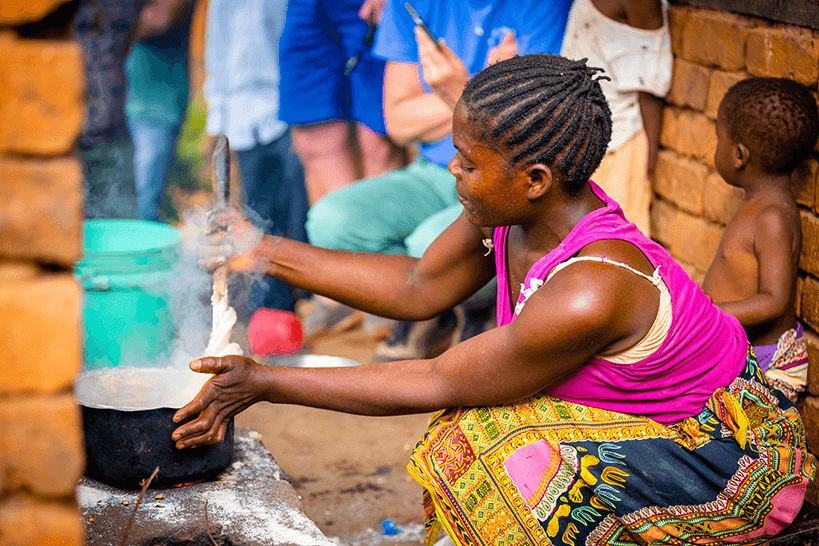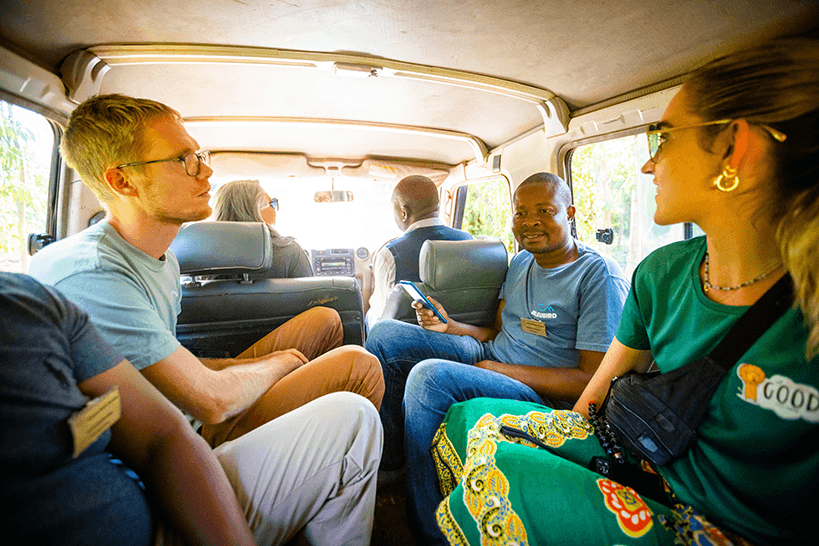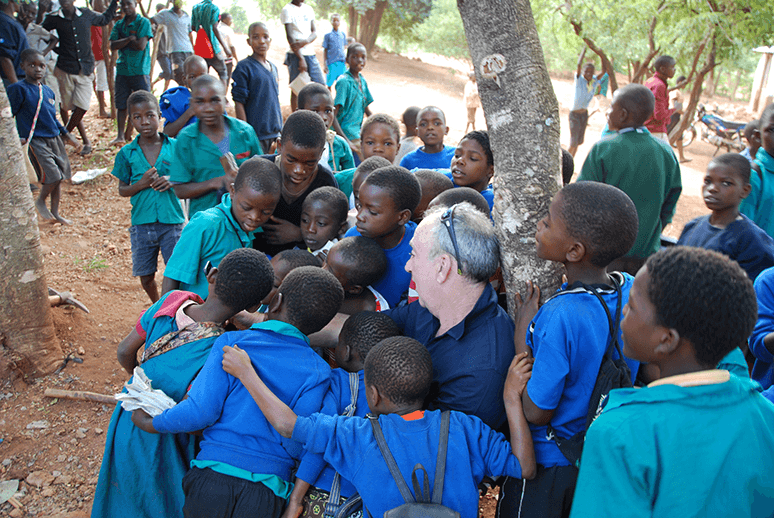The Good Little Company first partnered with Mulanje Mission Hospital back in 2015, with support for the mission’s orphan feeding programme. Since then, we have almost eradicated childhood malaria deaths, delivered extensive orphan care programmes and worked with the community to develop more sustainable agriculture techniques.
Our philosophy in Mulanje has always been to help people themselves. We work with the Mulanje Mission Hospital to run community outreach programmes that promote better outcomes and economic development. Hand ups, not hand outs.
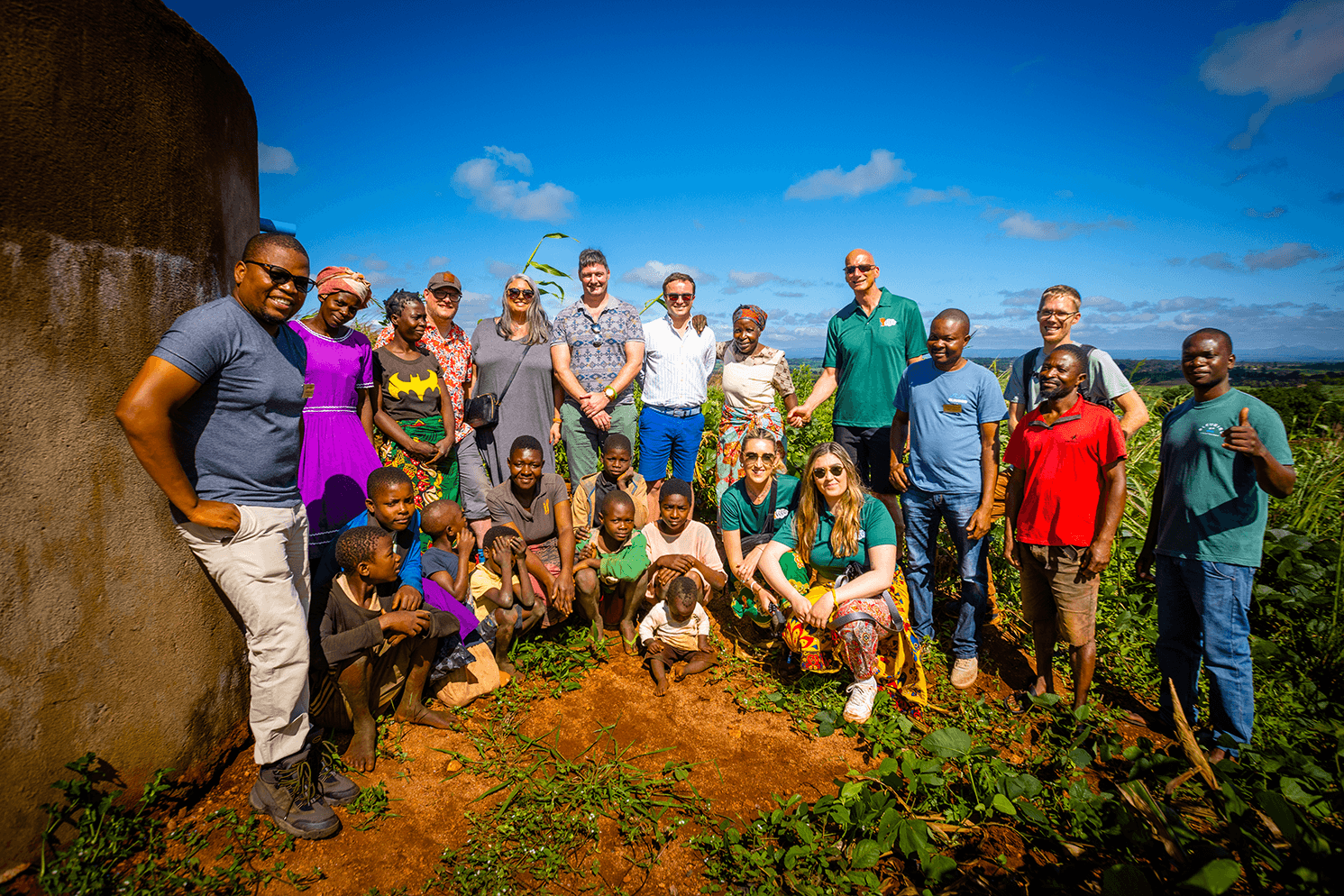
In 2017, we introduced malaria control vector spraying throughout the Mulanje region with the aim of preventing childhood malaria mortality. We have now all but eradicated childhood malaria deaths in the district.
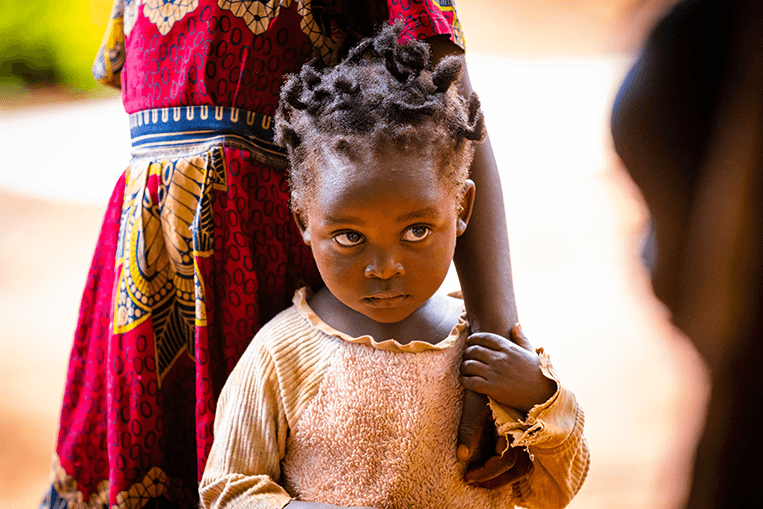
Mulanje Mission in partnership with The Good Little Company has provided medical treatment, schooling and care for hundreds of orphans, with the work being conducted from the Denis Lynn Orphan Care Centre situated in the grounds of the hospital.
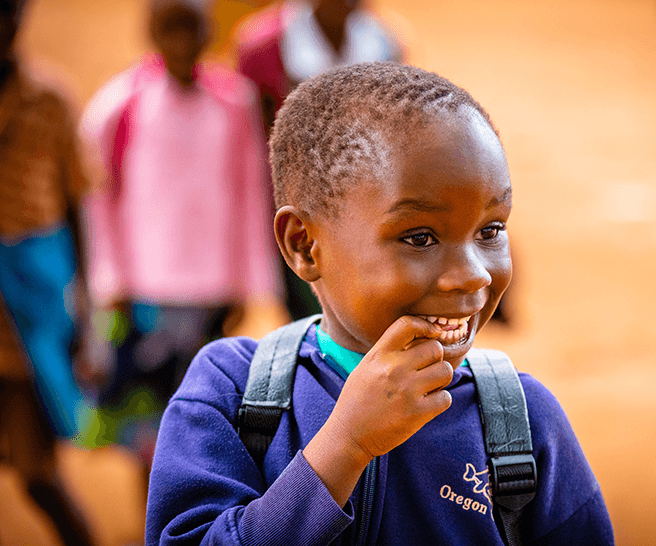
With our partners at the Mulanje Mission Hospital in Malawi we have trained farmers not just to grow crops to eat, but to diversify into growing crops that can be sold for cash. This is helping to support economic development across the southern district of this, the poorest peaceful country on Earth.
The Denis Lynn Foundation and The Good Little Company is helping 60 local farmers produce food all year round for their families.
Food insecurity in Malawi, the poorest peaceful country on Earth, is a huge challenge. If farmers don’t have effective irrigation they struggle to provide food security for their communities – stifling economic development. That is why we have supported new irrigation schemes.
Irrigation helps to create food security and foster economic development. It means farmers can grow cash crops, proceeds from which are used to feed their children, install new tin roofs on houses and pay for education.
In this episode, we see an efficient fuel cookstove being constructed. We have supported the installation of 1500 of these new cookstoves across Mulanje. They use two-thirds less firewood than traditional three-stone fires.
This is helping to preserve Mulanje’s woodland, reduce surface run-off and mudslides in the rainy season and limit the number of long and sometimes dangerous journeys people have to take in search of more fuel.
In this episode, we hear from Dr Lisanne Glas, who leads Mulanje Mission Hospital’s teenage pregnancy prevention programme. She explains the importance of speaking with ‘one voice’ where the whole community, including influential leaders, share the same education messages.
In this episode, we are introduced to Mulanje Mission Hospital, the delivery partner for our outreach programmes in Malawi. Pearson Soka and Tabu Gonani show us around departments for community nursing, sustainable livelihoods and community outreach clinics.
To give you an idea of its scale – there are 270 members of staff, of which 72 are nurses. They are responsible for 400,000 people. They treat 400 outpatients daily and 100 in-patients daily.
In this episode, we are introduced to the orphan care programme run by the Mulanje Mission Hospital. This work is run out of the Denis Lynn orphan care centre, situated on the grounds of the hospital, but also from the Ntwali health post – which we visit in this video.
In this episode, we see the new solar power system that our friends at Action Renewables have installed at the Mulanje Mission Hospital, reducing energy costs and eliminating blackouts.
In this episode, we ask the people of Mulanje, what makes you happy?
The final episode of our ten-part series showcasing The Denis Lynn Foundation’s work with Mulanje Mission Hospital is a video filmed and narrated by our videographer Nathan Reid.
